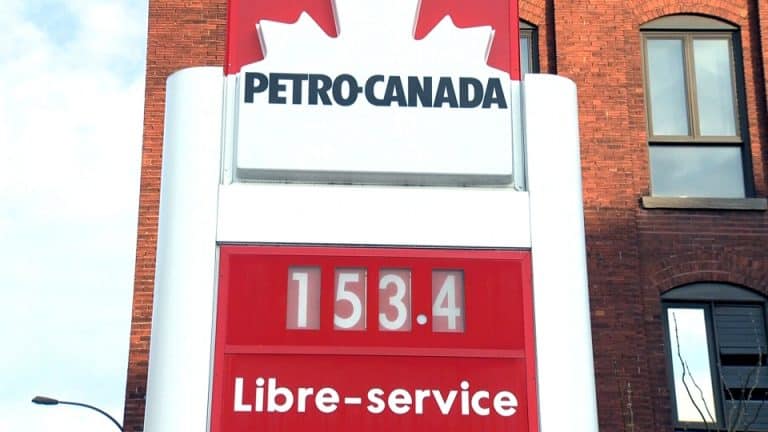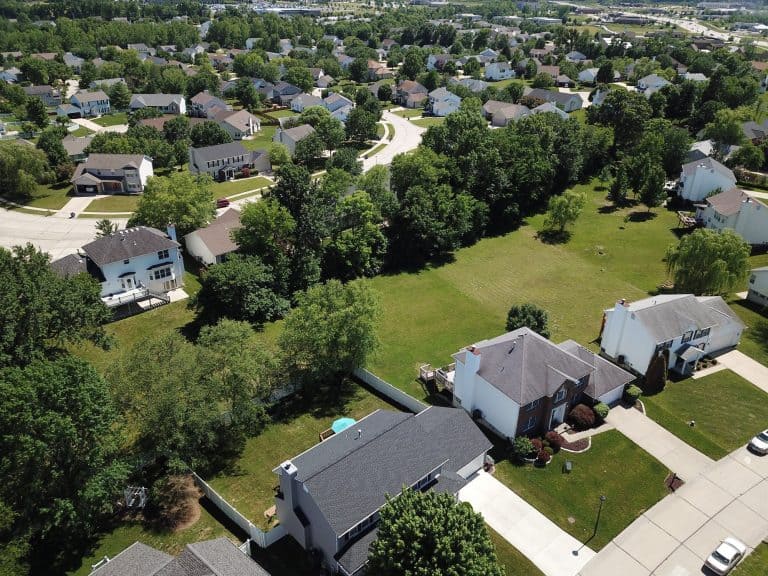
Analysing the on-going hurly-burly situation of Vancouver’s real estate market, it can be predicted that the cluster of black clouds that has jam-packed the sky of the city will not permit the sky to become clearer and sun to rise anytime soon.
The incessant anger, frustration and rage of Vancouverites towards the housing market of the city have led to some intense situations. From the rise in prices to a shortage in supply of houses and from 15% tax imposition on foreign nationals to the abolishment of the foreign buyer tax on people with work permits, folks have seen it all; and believe it or not, this has given rise to a blame-game.
The Blame-Game
When the first-time buyers were priced out of the real estate market, it gave rise to an array of emotions, strong reactions and never-ending blame-game. The foreigners, the speculators, the real estate agents, Christy Clark, the rich and the poor, all have been blamed for the out-of-control Vancouver housing market.
But out of all, one aspect that has got overlooked in the debate is that the house owners in Canada are the most tax subsidised payers.
Tax Programs to Evenly Distribute British Columbia’s Wealth
The tax program that we’re going to discuss first is the Home Owner Grant. The Home Owner Grant enables the homeowners in Metro Vancouver to base their decision of whether to sell or not sell their real estate properties.
Every year in January a huge wonder game takes place that questions how much B.C. will change the exemption to.
The taxpayer of B.C. pays some of its residents an amount of $570 towards their property taxes every year, but in the case of an unsubsidised market, the house owners might be persuaded to sell their properties. In a housing market where the shortage of supply is often argued as a reason for mountain climbing prices, the B.C. government lays down an unwarranted restraint on the housing market’s original supply of listings with Home Owner Grant.
The next tax program is the property-tax deferral program. This is the only program where when a person turns 55, he/she can apply to have all of their property-tax delayed until the time they sell their home. When one has applied for the program, the B.C. government pays the taxes for the applied and charges a relatively low-interest rate of 0.7% for the benefit.
This way, it would become mandatory for some house owners to sell off their real estate properties, similar to how it is in other housing markets around the world. It is held that downscaling or losing your house is in a way a natural order of a free, housing market and presently the province’s government energetically interferes with this happening.
Further, it has been predicted that during the coming financial year, the Home Owner Grant will cost $857 million to B.C. taxpayers.
In the month of January, Christy Clark’s government presented two taxpayer-funded programs into the housing market – the B.C. Home Owner Mortgage and Equity Partnership. With this, it becomes every individual’s financial concern to possess their primary house at the very least. These programs will cost B.C. taxpayers $728 million during the coming three years. It is further expected that the program would add 1,400 buyers to the B.C. housing market in the future years.
Thus, the government subsidises the housing market around $1.25 billion every year. The two programs impact supply by providing an incentive not to sell their properties, and the other creates demand by motivating individuals to purchase.
The only way to calm the uncontrollable housing market is to put a halt on subsidising homeowners with these financial incentives in order to increase the supply for sale.




